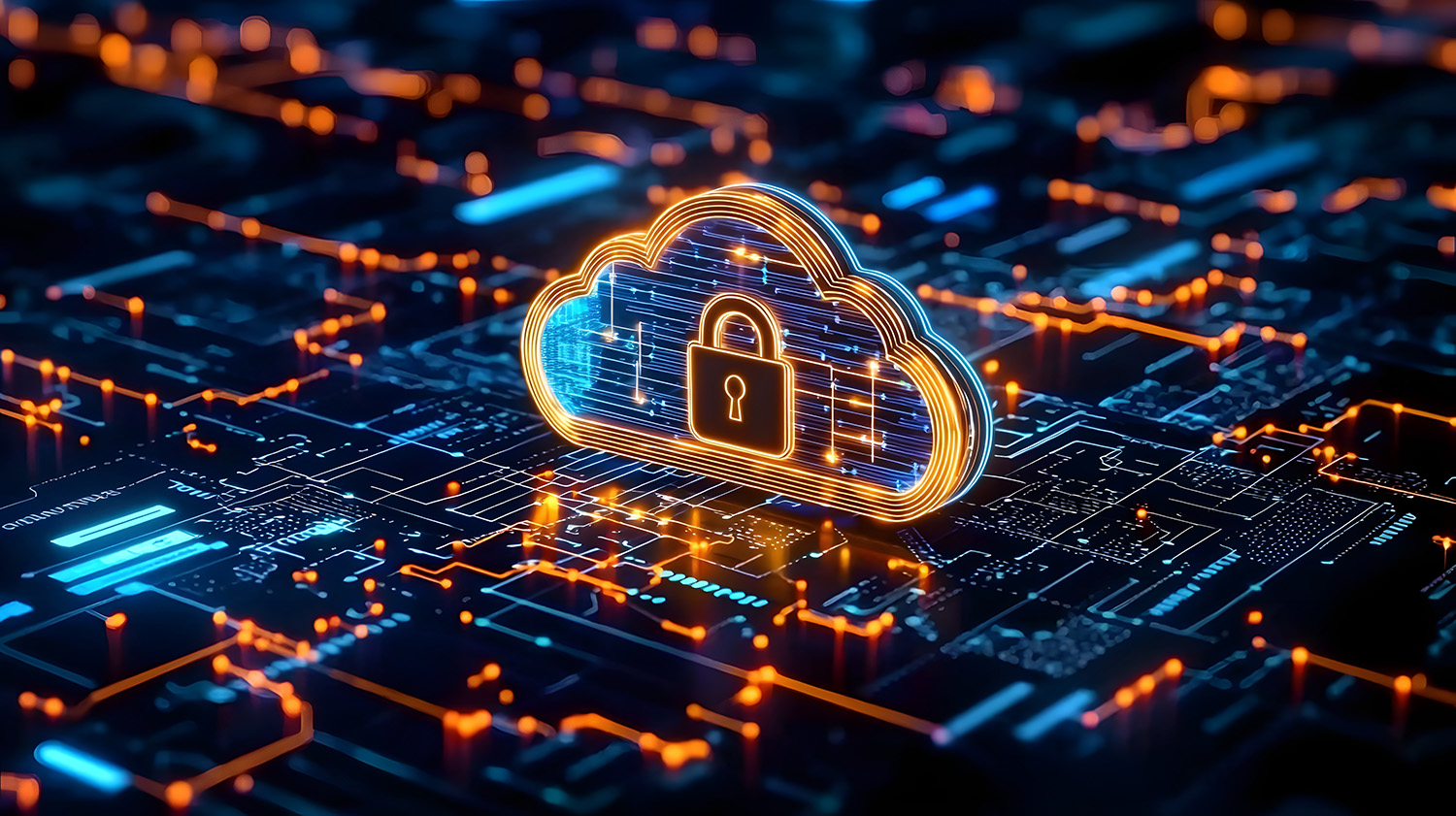As cyber threats become more sophisticated and AI reshapes business operations, a robust backup disaster recovery and AI plan is more critical than ever. Companies that embrace emerging technologies while securing their data are thriving, while those that neglect these advancements risk falling behind.
According to Gartner research, businesses lose an average of $5,600 per minute during downtime, and AI-driven cyberattacks are becoming harder to detect. This guide will help you leverage cloud technology, AI, and data protection strategies to secure your business in today’s evolving digital landscape.
Cloud Solutions and VDI: The Future of Work
Assessing Your Current Setup
Before transitioning to cloud services or virtual desktops (VDI), evaluate your existing technology. Many businesses unknowingly operate on outdated systems, leading to inefficiencies and heightened security risks. Key questions to ask:
- Are your employees facing slow software or frequent system crashes?
- Is file sharing complicated and inefficient?
- Are personal devices being used for work due to outdated company hardware?
A Willow Grove, PA marketing firm we worked with reclaimed over 250 hours per month by switching to cloud-based workstations, reducing wait times on large file processing.
Ensuring Infrastructure Readiness For Backup Disaster Recovery and AI
A seamless cloud transition requires stable internet speeds (50+ Mbps recommended), a backup connection, and a well-optimized network. Companies that move to cloud solutions without verifying these factors often experience major productivity setbacks.
Security is also paramount. Strong password policies, data encryption, and restricted access to sensitive information are non-negotiable, especially in regulated industries like healthcare (HIPAA) and finance (SEC compliance).
Steps for a Smooth Cloud Migration
- Identify critical systems and their dependencies.
- Conduct a small-scale test with key users.
- Roll out implementation in phases to minimize disruptions.
- Adjust configurations based on real-world usage and feedback.
Modern cloud solutions offer scalability—allowing businesses to increase or decrease resources as needed, improving flexibility and cost efficiency.
Success Stories
- A Willow Grove, PA healthcare provider reduced employee onboarding time by 75% while ensuring patient data security.
- A financial services firm improved uptime to 99.99% and cut IT costs by 40% by adopting cloud computing.
AI’s Impact on Business: Opportunities and Risks
AI is transforming industries, optimizing operations, and enhancing decision-making. However, it also introduces new cybersecurity risks.
The Double-Edged Sword of AI
While AI can streamline processes and improve customer insights, hackers are leveraging AI to create deepfake scams, intelligent malware, and automated cyberattacks.
For instance, a Willow Grove, PA insurance agency lost $100,000 due to an AI-generated voice scam mimicking an executive. This underscores the need for stringent security protocols alongside AI adoption.
Best Practices for Safe AI Integration
- Limit AI system access to authorized personnel only.
- Monitor AI-generated decisions to detect anomalies.
- Implement fraud detection measures, such as multi-factor authentication and voice verification.
- Educate employees on AI-driven cyber threats and how to spot deepfake scams.
AI-Driven Business Growth
A retail store reduced overstock issues by 40% using AI-powered inventory predictions, factoring in sales data, local events, and weather conditions. However, robust security measures ensured that their AI system remained protected from manipulation.
Modern Backup and Disaster Recovery Strategies
With AI-enhanced cyberattacks on the rise, businesses must deploy multi-layered security strategies. A single data breach can cost millions in losses and irreparable reputational damage.
Building Resilient Backup Disaster Recovery and AI Plan
Following the 3-2-1 rule is essential:
- 3 copies of critical data
- 2 different storage mediums
- 1 offsite backup
However, modern threats require additional layers:
- Air-gapped backups to prevent ransomware attacks.
- Immutable storage to protect data from unauthorized alterations.
A manufacturer suffered a ransomware attack that encrypted both their primary systems and network-based backups. It took weeks to recover, costing them over $300,000 in lost revenue. In contrast, a competitor with offline backups restored operations within hours.
Key Disaster Recovery Considerations
- Recovery Time Objective (RTO): How quickly must systems be restored?
- Recovery Point Objective (RPO): How much data loss is acceptable?
- Compliance Requirements: Are backups meeting industry regulations?
Testing and Compliance For Backup Disaster Recovery and AI
Regular disaster recovery testing ensures your backup systems function correctly when needed. Monthly recovery drills and thorough documentation are essential for continuous improvement.
AI-driven backup solutions now detect anomalies in backup patterns, alerting businesses to potential ransomware infections before damage occurs.
Taking the Next Step with Backup Disaster Recovery and AI
The combination of cloud computing, AI, and robust backup solutions is key to business resilience in 2025. Don’t wait for a cyberattack or system failure to take action—proactively safeguarding your business is the only way to stay ahead.
How to Get Started:
- Download our “Cloud Migration & VDI Readiness Checklist” to assess your IT infrastructure.
- Get our “Growing Role of AI in Security” eBook to stay informed about emerging threats and AI-driven solutions.
- Register for our webinar on cybersecurity insurance to ensure compliance and financial protection against cyber risks.
Contact Us to develop a customized IT strategy that keeps your business secure and scalable in 2025. Your business deserves technology that works for you, not against you. With the right partner and strategy, you can harness the power of AI and cloud computing without compromising security. Let’s build a future-proof business together!



